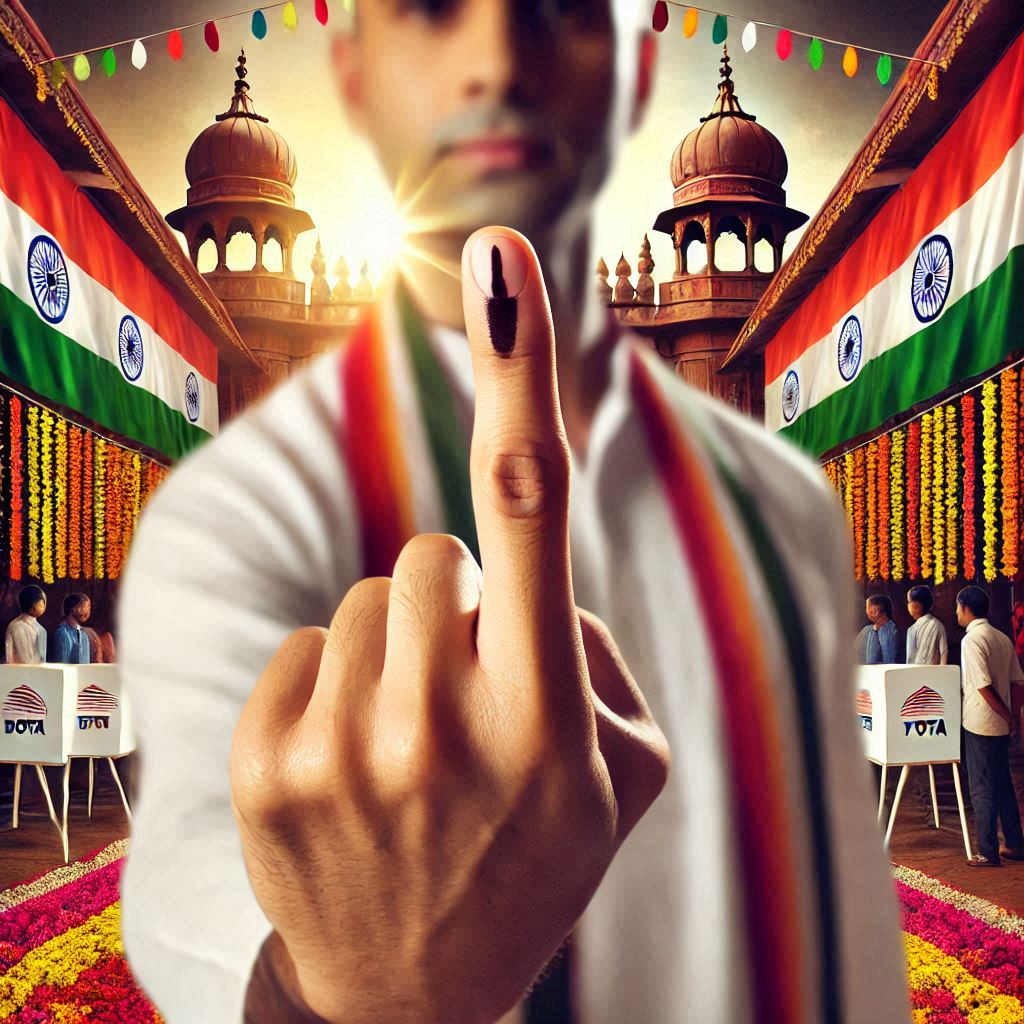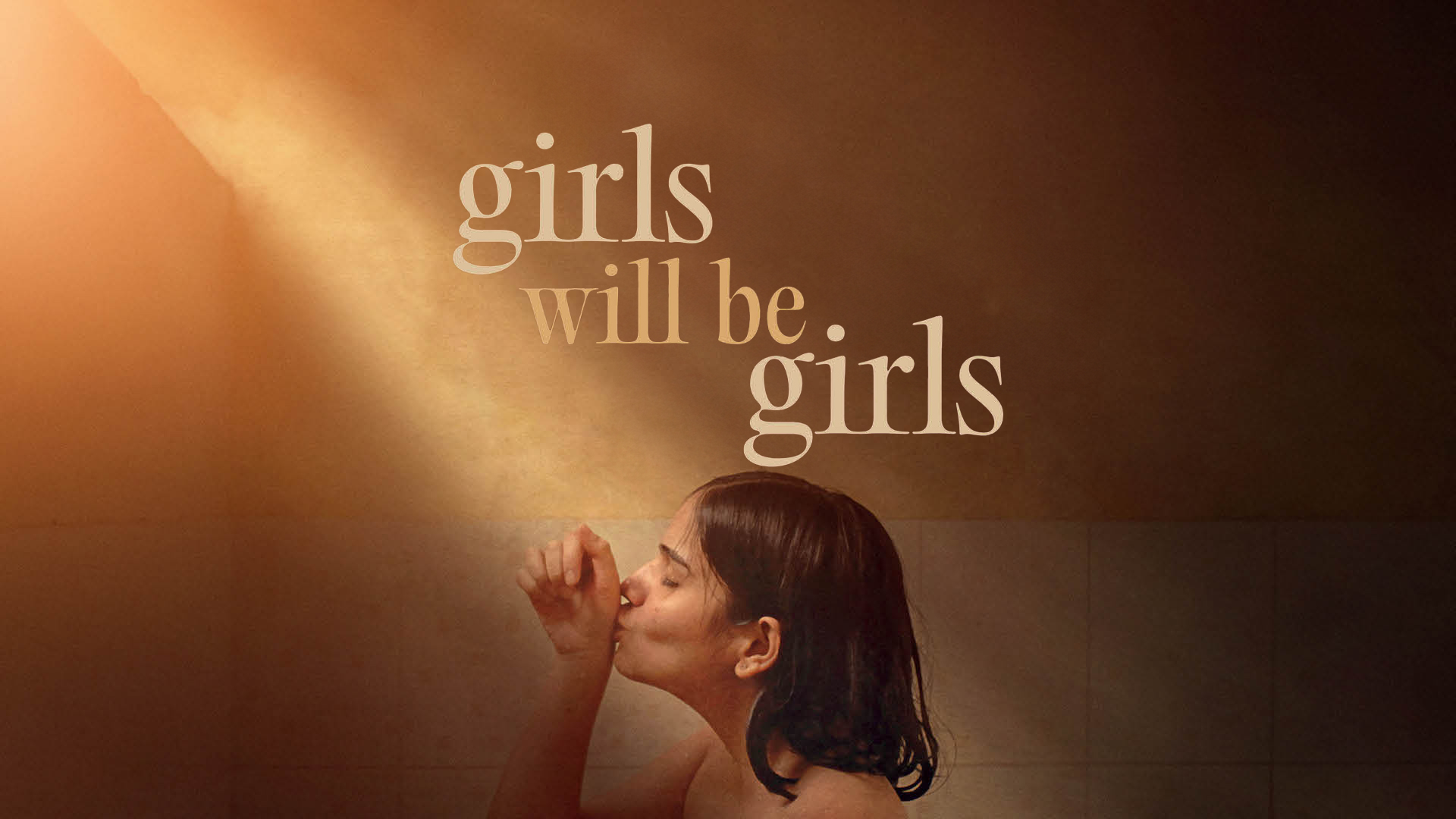Movie Overview
‘Girls Will Be Girls’ is a compelling coming-of-age drama directed by Shuchi Talati, now available on Amazon Prime Video. The film marks the production debut of actors Richa Chaddha and Ali Fazal and has garnered critical acclaim, winning several awards and securing screenings at prestigious festivals such as Göteborg, El Gouna, Karlovy Vary, and the Jogja-Netpac Asian Film Festival.
Plot & Characters (Spoilers ahead)
‘Girls Will Be Girls’ centers around the intertwined lives of Mira, a 16-year-old girl, and her mother, Anila, exploring their evolving relationships, the themes of sexual awakening, and generational conflicts.
The story takes place in a picturesque, elite boarding school nestled in the Himalayas. Mira (Preeti Panigrahi) is a top-performing student who lives a seemingly sheltered life. She is on the brink of discovering herself but remains in a world where conformity and tradition dominate. Mira’s world begins to shift when she meets Srinivas, a new student from Hong Kong. Srinivas becomes the catalyst for her exploration of her desires and identity. As their bond grows, Mira finds herself navigating her emerging emotions, trying to reconcile them with the societal expectations of her upbringing.
However, the narrative also heavily focuses on the complex relationship between Mira and her mother, Anila (played by an accomplished actress, if available), whose character is deeply conflicted. Anila, who harbors unresolved frustrations about her own life, begins to see herself in Mira’s innocence and curiosity. As Anila starts to connect with Srinivas on an emotional level, the dynamics between the two women become increasingly strained. The film masterfully portrays the blurred lines between maternal protection and possessiveness, and Anila’s evolving sense of self as she grapples with her own past choices.
At its core, ‘Girls Will Be Girls’ is a film about the clash of desires and restrictions. While Mira longs to explore her identity, Anila, who is emotionally burdened by her own regrets, seeks to prevent her daughter from experiencing the same sense of loss. Mira’s journey is not just about discovering herself but also about understanding the hidden complexities of her mother’s life and the emotional walls Anila has built over the years. The relationship between Mira and Anila reflects the cyclical nature of generational traumas, expectations, and unspoken bonds.
The supporting characters further enrich the narrative. The boarding school, with its hierarchical structures and societal norms, serves as a microcosm of the larger cultural forces at play. Srinivas, as a character, is an enigma; his presence provides Mira with a window into a world she has never known, but his own struggles with identity and belonging make him a figure of both attraction and confusion.
The film’s plot intricately weaves through Mira’s and Anila’s stories, highlighting their individual emotional arcs. Mira’s coming-of-age journey intertwines with her discovery of sexuality, independence, and self-awareness. Meanwhile, Anila’s emotional unburdening mirrors Mira’s search for her identity, as both women contend with the expectations and constraints imposed by society.
Through their individual and shared struggles, the film explores not just the complex relationship between a mother and daughter but also the larger societal pressures women face. Themes such as female empowerment, sexuality, and generational guilt take center stage, with the tension between desire and morality playing a significant role in shaping the characters’ fates.
The portrayal of these nuanced characters and their evolving dynamics is what makes ‘Girls Will Be Girls’ a standout. The film’s focus on the internal conflicts within both Mira and Anila allows it to resonate deeply, offering an exploration of not just female friendship but the bond between mothers and daughters, fraught with unspoken emotions and complexities.
Storytelling and Direction
Director Shuchi Talati masterfully navigates the intricate themes of sexual awakening and generational conflict. The film’s strength lies in its subtle portrayal of complex emotions, steering clear of clichés to offer a rich, emotionally resonant experience. Talati’s direction captures the nuances of adolescent experiences, presenting a narrative that is both authentic and thought-provoking.
The screenplay delves into the contradictions between the emancipation of young women and bourgeois conservatism, exploring the tensions between desire and morality. This nuanced approach provides a reflective commentary on societal norms and individual aspirations within the Indian context.

The Positives
- Authentic Performances: The cast delivers compelling performances, with Preeti Panigrahi’s portrayal of Mira standing out for its depth and realism.
- Cinematic Excellence: The film’s visual aesthetics, set against the Himalayan backdrop, enhance its narrative depth, creating an immersive viewing experience.
- Critical Acclaim: The film’s selection for international festivals underscores its artistic merit and global relevance.
The Negatives
- Pacing Issues: Certain segments of the film may benefit from a more streamlined pace to maintain narrative momentum.
- Complex Themes: The layered storytelling demands attentive viewing, which may challenge audiences seeking a more straightforward narrative.
The Verdict
‘Girls Will Be Girls’ is a bold and thought-provoking film that contributes significantly to feminist storytelling in Indian cinema. Its exploration of complex themes, combined with strong performances and adept direction, makes it a noteworthy addition to contemporary cinema. This film is recommended for viewers who appreciate nuanced narratives that challenge societal norms and offer deep emotional insights.






